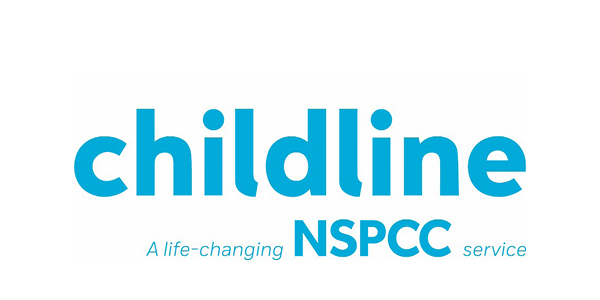Consent and the Law
The Law
Deciding you are ready to have sex is an important decision. If this is something you are thinking about read our page on Are you ready for sex?
There are laws that everyone should be aware of when it comes to consent in the UK. The laws are enforced through the Sexual Offences Act 2003.

Did you know?
The legal age of consent to sexual activity is 16 years old. An individual under 13 years old is not legally capable to give consent.



The Sexual Offences Act 2003 recognises that young people under 16 may have consensual sex with partners of a similar age. The law does not seek to prosecute where this is the case, unless there is a risk of harm. However, the law acknowledges that this group of young people are still vulnerable, even when they do not view themselves as such.
The law is very clear, however, that young people under 13, can't consent to sex and this would be considered a very serious offence.
It is important that any type of sexual activity is undertaken with consent.
Trusted adults, such as the Teen Health Officers have an obligation to maintain your confidentiality and to support you to have safe sex and healthy relationships.
When you work with us, your privacy is important and we won't share anything without your permission, unless it is necessary to ensure your safety.

Consent
Consent can be defined as ‘permission for something to happen or agreement to do something’. For sex, this should be enthusiastic and freely given consent.
The law in the UK states that no one under the age of 13 is able to give consent for sexual activity.
Consent may be given to one sort of activity but not another, e.g. to vaginal but not anal sex or penetration with conditions, such as wearing a condom.
Consent can also be withdrawn at any time.
Capacity
Sexual Offences Act defines consent as if the person “agrees by choice, and has the freedom and capacity to make that choice”.
The sexual health experts at Brook say, 'it is about someone being able to agree to sexual activity with full understanding of what they are agreeing to, and no pressure to say ‘yes’.
Another way of thinking about it is consent is someone saying ‘yes’ only when they REALLY mean ‘yes’ because it is something they genuinely want to do. This is sometimes called ‘enthusiastic consent’.'

What to do if you have experienced sexual assault
If you think you have been forced to do something you didn't want to do, speak to a trusted adult if you feel able. The links below are organisations who can offer support and advice.
Leicestershire Police freeva - Sexual Violence Support NHS Sexual Assault Service











